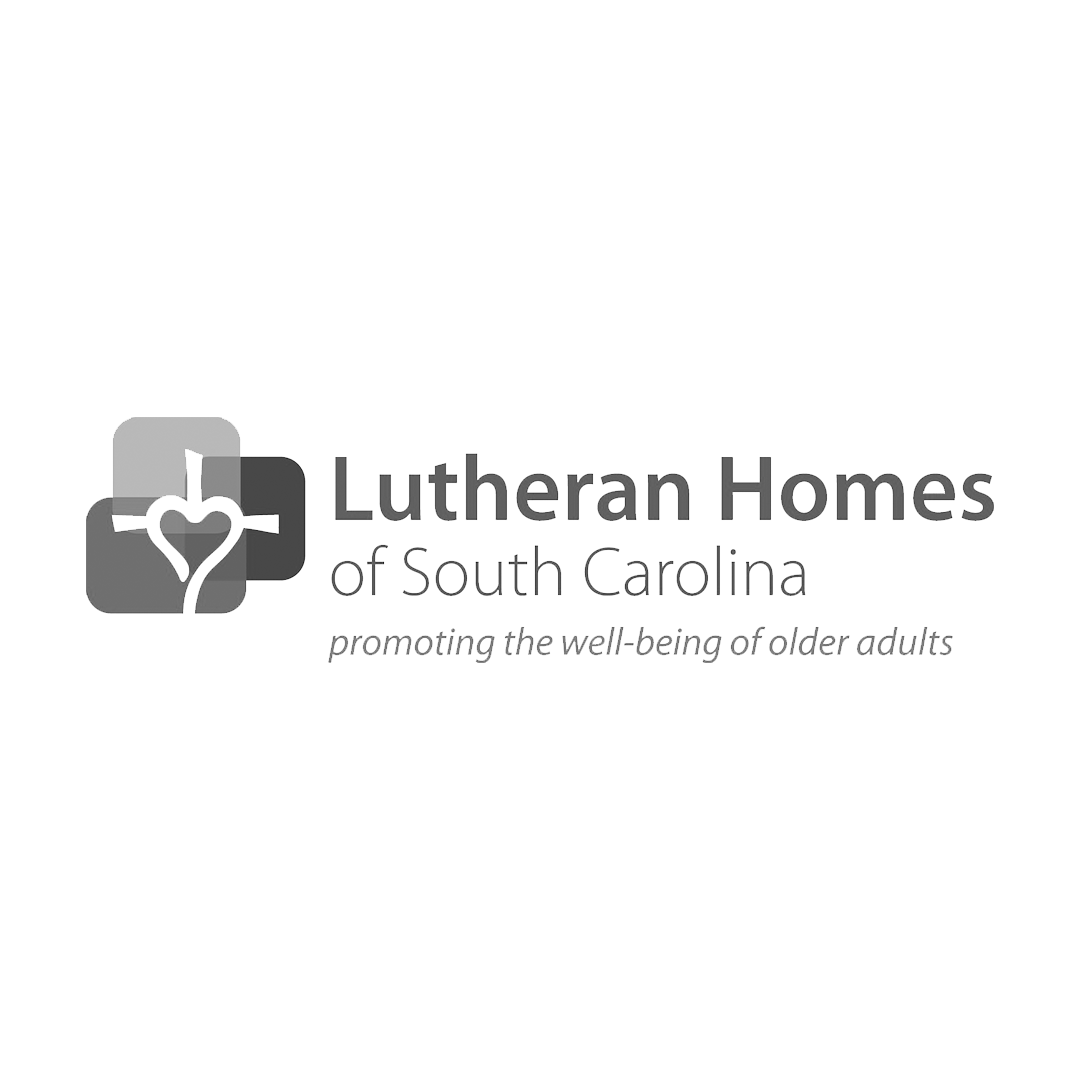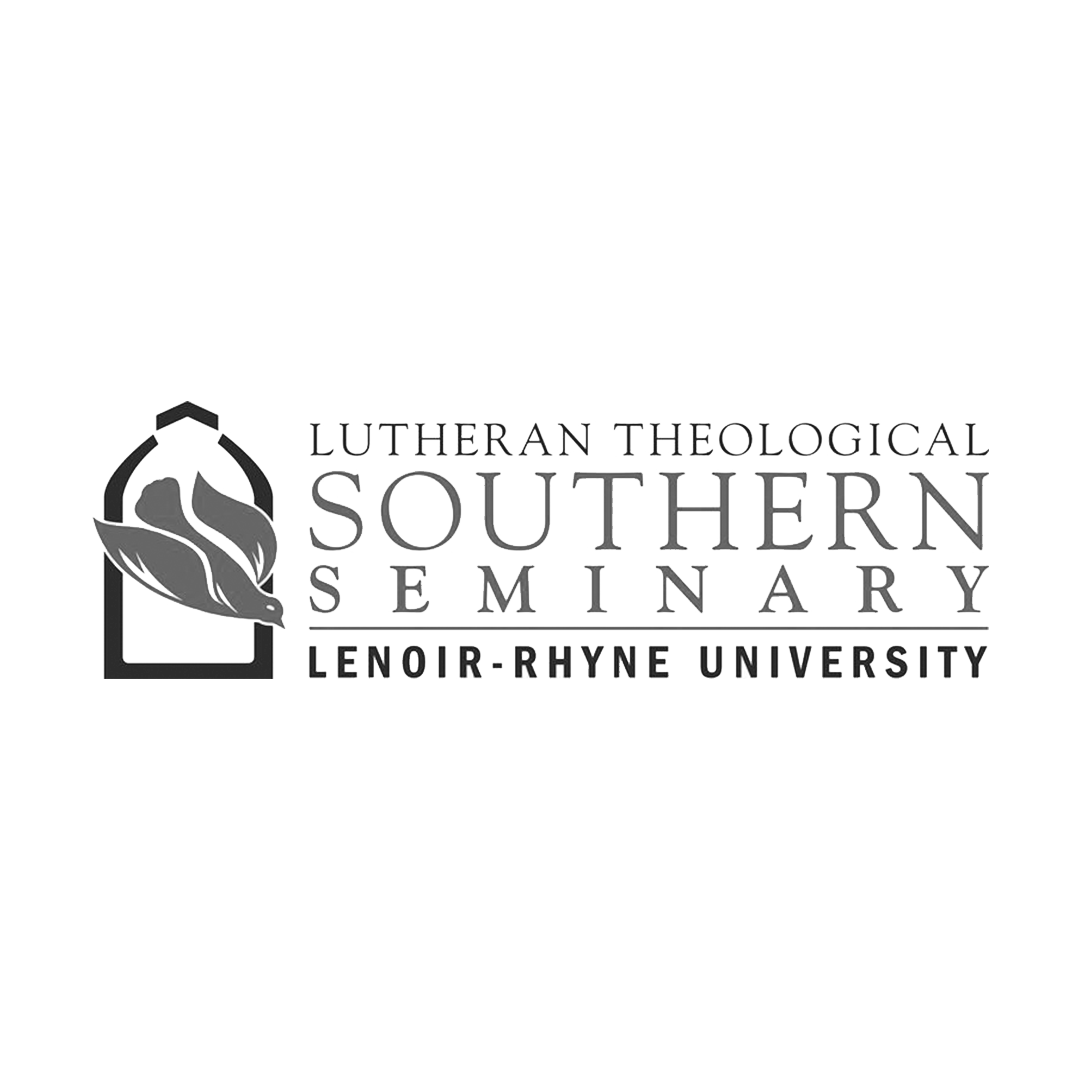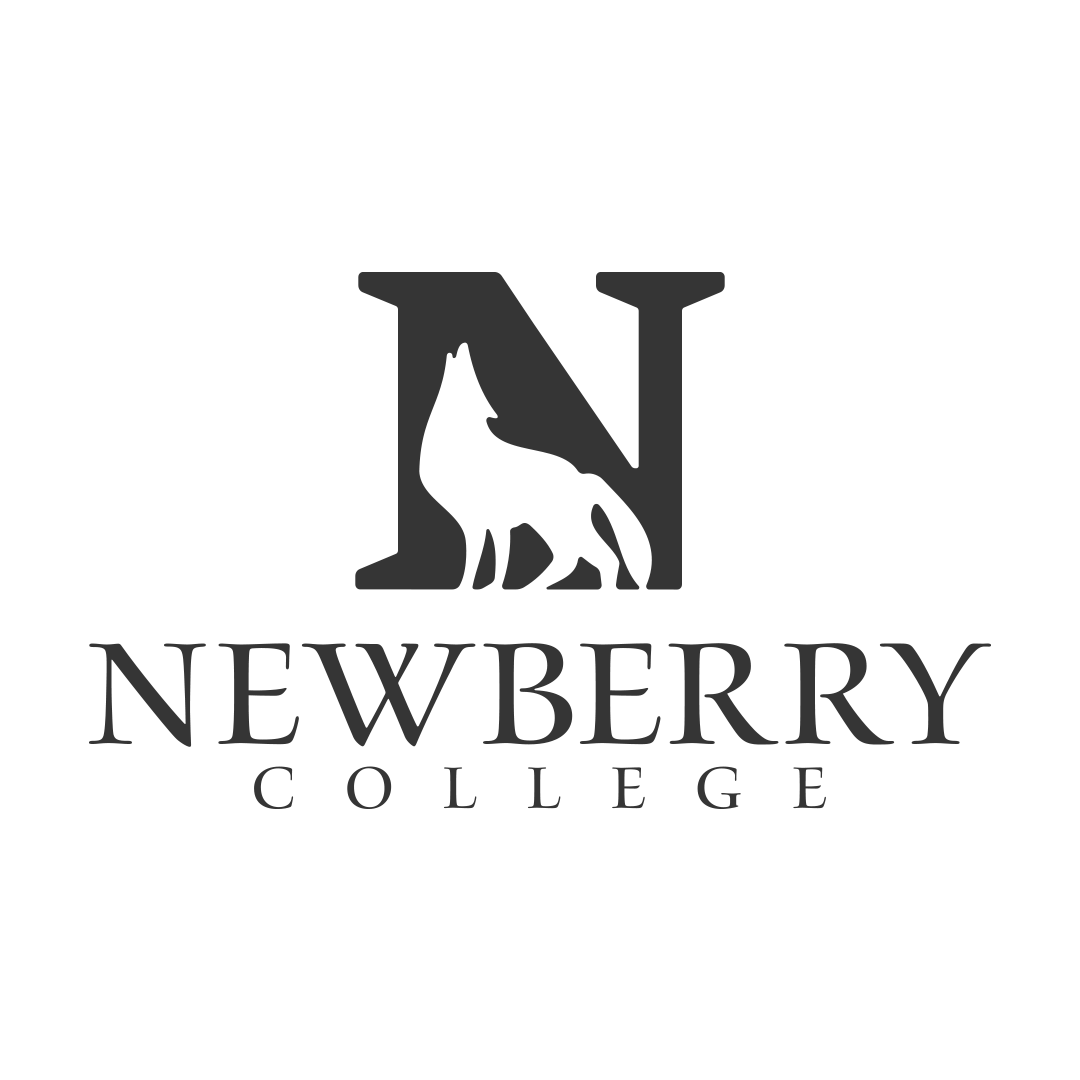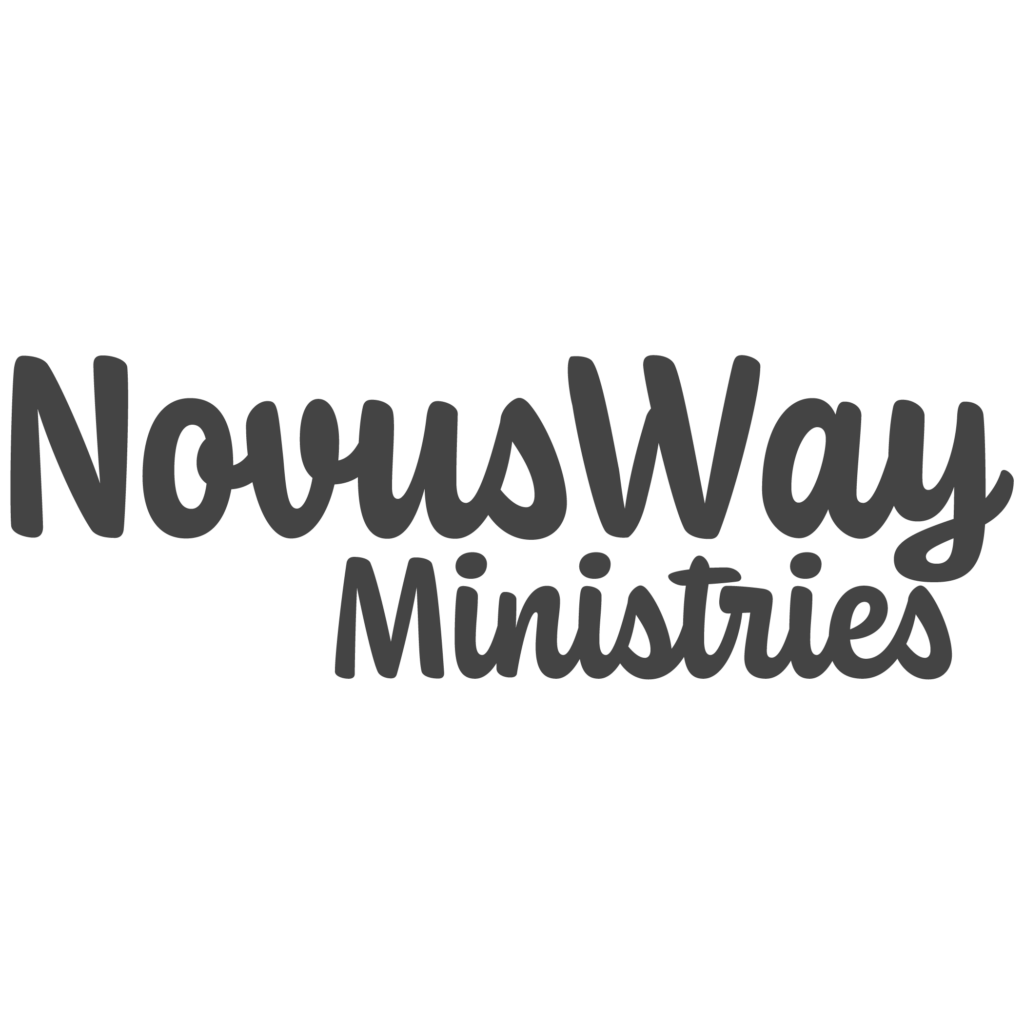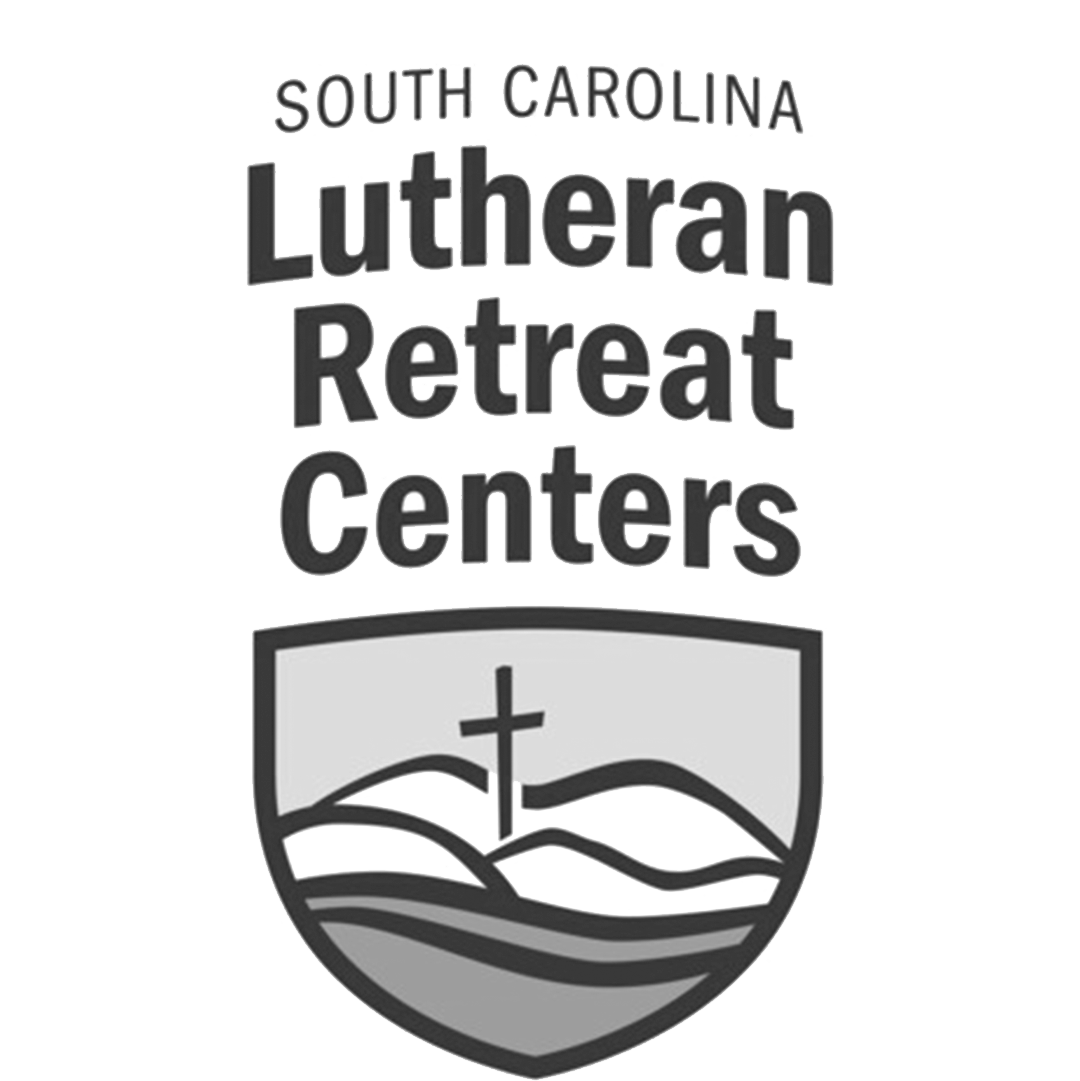New Guidelines from the CDC and Update from the South Carolina Synod
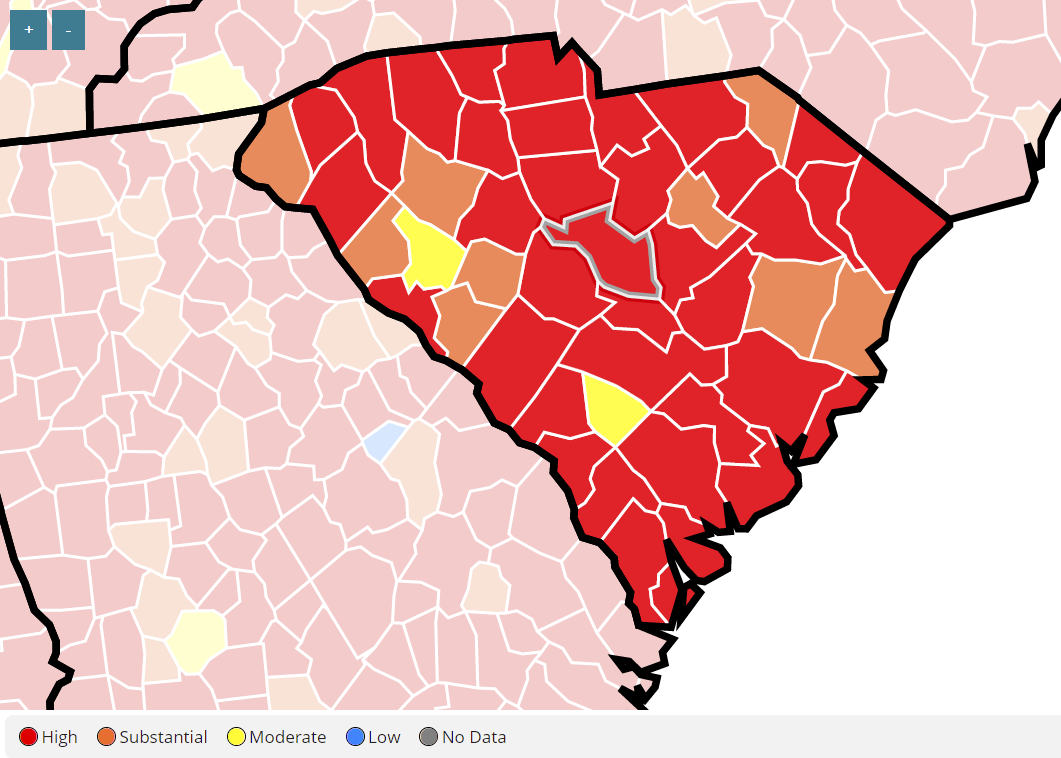
The South Carolina Synod has learned that the Centers for Disease Control has updated their guidance for Covid-19 because of the new Delta variant. Masks are now being recommended for all people, regardless of vaccination status, when they are indoors in public in an area of high or substantial transmission. Congregation leaders and members can find more information at cdc.gov.
At the synod office, we will return to limiting visitors and wearing masks in public areas, regardless of vaccination status. We encourage South Carolina synod congregations to review their policies and make the best decisions they can under local conditions.
Please keep Bishop Ginny Aebischer in your prayers. She is currently working from home because she has contracted Covid-19. She remains grateful that she is fully vaccinated and that her symptoms are no worse than they are. The South Carolina Synod would like to encourage everyone to be safe and loving of our neighbors as we continue through this pandemic.
RESOURCES
Resuming Care-Filled Worship and Sacramental Life During a Pandemic
A new in-depth resource of safe practices for worship during the pandemic has been created by an ecumenical consultation. In addition to representatives from several denominations in the United States, the consultation team included scientists and medical professionals.
Stewardship in a time of Social Distancing with Mike Ward
For those of you who have questions about how to approach stewardship during this time of social distancing and not worshipping together, the synod is brining you an opportunity to hear from and interact with Rev. Mike Ward, CFRE. Mike leads the Stewardship for All Seasons program in our synod and is the author of Abundance: Creating a Culture of Generosity published by Fortress Press.
During the webinar Mike presented his ideas for how to keep generosity strong during turbulent times and took time to answer your questions.
Visit https://gsbfundraising.com/category/news/ to view a short video about stewardship during the coronavirus and to read blogs on this topic as well.
Fundraising in Uncertain Times
Moving Mission Forward During the Coronavirus
Sample outcomes letter—mail with envelope for return gifts
Electronic Giving Options to help your Congregation with Andrew Dalamba from Tithe.ly
Does your church need digital giving set-up — now?
At ELCA Preferred Partner Tithe.ly, we’re passionate about making Church giving meaningful, simple, and FAST!
During the webinar Andrew Dalamba shared how you can get your congregation to go digital, fast.
He covered how to use Tithe.ly’s resources to better serve your congregation during this outbreak, and stay ahead of COVID-19.
Learn More about ELCA Preferred Provider Tithely
Worship Resources
Tracking Online Worship Attendance
Resources for Worship in the Home
The Use of the Means of Grace
A Statement on the Practice of Word and Sacrament
Adopted for Guidance and Practice
Worship Resources: Worship in Times of Public Health Concerns
Adoración en tiempo de problemas de salud pública: COVID19/Coronavirus
Prayers for Times of Public Health Concern: COVID-19/Coronavirus
Oraciones para tiempos de problemas de salud pública: COVID19/Coronavirus
How to stream your worship service — A starter guide
Intercessory Prayer in the midst of the spread of COVID-19 from the Lutheran World Federation
Cómo transmitir por Internet su servicio de adoración — Guía del principiante
Streaming License Information
Most licenses do not include streaming unless the congregation pays an extra fee to include online streaming in the scope of the license.
Augsburg Fortress has extended its licenses to include online streaming through May 31 for free for the copyrights it owns (as opposed to those it administers). Details here: https://go.augsburgfortress.org/temporary-expanded-licensing-for-streaming-worship-services
One License granted a temporary free extension for online streaming until April 15. Information on the streaming license after April 15 is here: https://news.onelicense.net/2020/04/13/looking-ahead-licensing-options-for-gratis-accounts-after-april-15/
Information (including pricing <$100/year for the vast majority of our congregations) on CCLI’s streaming license is here: https://us.ccli.com/streaming/
Guidance for Funeral Practices: Ministering to the Bereaved During a Public Health Crisis
Holy Communion under Quarantine by Timothy J. Wengert
Unless one is over 100 years old, none of us has lived through such a serious world-wide pandemic. While we can stream our worship service on-line, the Lord’s Supper poses a particular problem for Lutherans, who in the last fifty years have gone from quarterly to monthly to weekly communion in our congregations (especially on the East Coast). What should we do?
The first thing to say is that, outside of following the guidance of medical professionals, there is no one “right answer” to this problem, and we must be very careful not to project our anxiety upon others who may find other solutions to this practical problem. The frequency of the Lord’s Supper is not fixed in the New Testament and is not part of the Ten Commandments, so we must not assume that what we do is the only right way. It is adiaphora, a word that does not mean that it is not important but rather means that we cannot clearly tell what is the right or wrong practice. Thus, we should not judge one another. In the Formula of Concord’s article on adiaphora (art. 10), the concordists remind us:
We also believe, teach, and confess that no church should condemn another because the one has fewer or more external ceremonies not commanded by God than the other has, when otherwise there is unity with the other in teaching and all the articles of faith and in the proper use of the holy sacraments, according to the well known saying, “Dissonantia ieiunii non dissolvit consonantiam fidei,” “Dissimilarity in fasting is not to disrupt unity in faith.”
Franklin Drews Fry, a long-time pastor in New Jersey, taught me an important method for approaching such matters: “Give it your ‘reverent, best guess!’” It is reverent, in that we must study Scripture, pray, and beg God for guidance. It is best, in that we use our heads to figure out the best thing to do. But it remains a guess, because we are ignorant, sinful mortals, not God. This means that once we make a decision, we should always be open to suggestions about what may be better.
Now, when it comes to the Lord’s Supper, as I said, there is no magic number of times to celebrate. The fact that Roman Catholic priests were required to celebrate the Mass daily in Luther’s day led the reformers to emphasize a comment from the ancient church, which described how the church in Alexandria, Egypt did not do this. The fact that most of us celebrate weekly does not necessarily mean that this is the only practice. Indeed, not receiving the Lord’s Supper during Lent this year would remind us that we are in solidarity with those who were preparing for Baptism in the ancient church, who would first receive the Supper after Baptism on Easter Day. Perhaps this virus is forcing on us a better Lenten discipline to impress upon us once more just how precious the Meal is and how we are all in need of the waters of baptism.
In 1523, followers of John Hus in Bohemia posed a question to Luther about the sacraments, given that many of them were bereft of pastors as a result of their struggle with the church of Rome. Luther, giving it his “reverent best guess,” responded with Concerning the Ministry (Luther’s Works [LW] 40:7-44). There he reminded his correspondents that in each household the head of that household could preach and, in this emergency situation, baptize. But, for Luther, the Lord’s Supper was somewhat different and was intended to take place in the Sunday gathering and not privately. He also had high respect for the public office of ministry, so he did not think that the Lord’s Supper should be celebrated without a properly called minister. Given that the church in Bohemia could not receive such pastors, Luther advised them to do without pastors in the emergency. He wrote (LW 40:9): “For it would be safer and more wholesome for the father of the household to read the gospel and, since the universal custom and use allows it to the laity, to baptize those born in his home, and so to govern himself and his according to the doctrine of Christ, even if throughout life they did not dare or could not receive the Eucharist. For the Eucharist is not so necessary that salvation depends on it. The gospel and baptism are sufficient since faith alone justifies and love alone lives rightly.”
Moreover, in the same letter, Luther points out that the Supper is itself a proclamation of the gospel, given that Christ commands it be done “in remembrance of me” and Paul states that “as often as we eat … and drink … we proclaim the Lord’s death.” Thus, the Supper is not some sort of separate, required spiritual magic but it is another form of the Word, what St. Augustine called a “visible word.” Thus, we must not confuse our desire to receive the Lord’s Supper with a kind of necessity that leads us away from faith and trust in God’s promises and toward a belief that worship is not really worship without the “mere performance of the work” of the liturgy. What matters is faith in the Word of God, who comes down from heaven and in aural and visible Word whispers, “You are mine,” to which faith answers: “I’m yours.”
Once we are freed of some sort of spiritual necessity for celebrating the Supper, we are much better prepared to discuss with one another how best to behave in this situation. But here, rather than doing theology “by fiat” (“the Bible, Luther, the Bishop or I say it; you better believe it; that settles it”), we need to practice Christian conversation about these matters, remembering that line from Proverbs: “A word fitly spoken is like apples of gold in a setting of silver.” Or, as Philip Melanchthon once put it: “Wir sind zum wechselseitigen Gespräch geboren” (We are born to back-and-forth conversation). In part this means admitting to the weaknesses in all of our practical solutions. So, what are our options?
First, some congregations and their ministers may decide not to celebrate the Lord’s Supper until the threat of this virus is over. The danger here, of course, is that people suddenly get the idea that the Lord’s Supper is optional even on days when we are healthy—even pointing to Luther for support, when in fact he was speaking especially to the emergency in the Bohemian Church.
Second, one could (like St. Thomas Episcopal Church, the famous African American Episcopal Church in Philadelphia) find a way to distribute the Lord’s Supper as people drive up in their cars. Here we are in danger of turning the Sacrament into a bit of magic. Faith and proclamation would disappear as if the Sacrament were effective by the mere performance of the work. The church is not a drive-through restaurant but a Christian assembly, gathered around Word and Sacrament.
One could also, I suppose, send out bread and wine that would be “live streamed” consecrated by the pastor somewhere else. Here, too, the danger revolves around trying to create a virtual community and, again, turning the Supper into a bit of magic.
Another possibility might be to consecrate the elements and leave them on the altar for people to commune themselves as they come in individually to pray during the week. Here, too, the very communal nature of Holy Communion is in danger of being lost, and the meal becomes simply a support for individual piety rather than what it is: “Given and shed for you” [always plural in the Greek New Testament text].
Perhaps one of the ways to sort out our approaches is to ask, “Why do you” or “Why do I want to do this?” What’s the point? I regularly warned my students that when it comes to the sacramental practices, the reformers saw two dangers. Either we make the sacrament into something effective by virtue of some work we do or virtue we possess (“Only if you’re a believer is the sacrament effective”) or we make the sacrament into something effective “by the mere performance of the rite.” Even in an emergency such as what we face today, these dangers are lurking, and such practices threaten to undermine the actual heart of the sacraments—and the proclamation of the gospel. At the heart of all these things is truly God’s undeserved mercy and love, on the one hand, and faith which is engendered and strengthened by them.
Timothy J. Wengert
16 March 2020
From Portico Benefit Services
The CARES Act - What Recent Legislation Means for You
Portico Benefit Services offers the following summary to help guide you through, based on our current reading of the statute.
Portico and COVID-19
As we feel the evolving impact of COVID-19 on our lives and communities, Portico is here to support you. The health and well-being of our members is paramount. We encourage you to use your ELCA-Primary health benefits to help you and your covered family members stay well — physically as well as emotionally. Please refer to the March 16 email to members from myPortico with links for options for care, testing costs, emotional support, and CDC guidelines. For congregations, this is the link to the ELCA Resource for guidance to our faith community: https://www.elca.org/publichealth.
You can always reach out to the Portico Customer Care Center, (800) 352-2876.
ELCA advocacy in time of COVID-19 pandemic
With daily developments in the spread and scope of the coronavirus disease 2019 (COVID-19), our anxiety and uncertainty tempt us to curve inward and fixate on self-preservation. Appropriately, ELCA congregations and ministries are responding to the outbreak in their communities to ensure the health and safety of worshipers, staff and neighbors by adopting practices to slow transmission of COVID-19. Resources and links on ELCA.org/publichealth offer guidance to inform and prepare our worshiping communities. But as church in this pandemic, we can also shine a light on impacts for our most vulnerable neighbors. God calls us to stand by them in advocacy for dignity, equity and justice.
Read more at https://blogs.elca.org/advocacy/elca-advocacy-in-time-of-covid-19-pandemic/
Tips for Responding to Hunger in a Pandemic
As communities across the United States and around the world take steps to slow the spread of COVID-19, the routine daily movements of individuals, faith communities, businesses, and more have ground to a halt – or taken new shapes few anticipated. With closed signs hanging outside many restaurants and shelves standing empty inside many stores, it’s no surprise that many people are worried about having enough to get through the current crisis. And yet, in the midst of it, we need to remember that the fear of scarcity or vulnerability did not start with the novel coronavirus; it merely widened in scope. For many of our neighbors, the vulnerability of economic uncertainty and the concern of not having enough food or supplies to last the week or month was and remains a daily reality, exacerbated by the shutdown of daily life and the new significant threats posed by the virus.
The emergency food system – pantries, community meals, soup kitchens and more – is designed to provide for neighbors in need. But it also functions in many ways contrary to the best advice we are receiving about managing the COVID-19 crisis. We are being told not to congregate in large groups; community meals are often designed to bring together a large, diverse crowd for fellowship. We are being told to practice social distancing; many pantries are set up to foster close communication and contact between participants and volunteers. We are being told to stock enough food and household necessities to last 2-4 weeks; many emergency feeding programs rely on neighbors giving freely of their resources.
Hunger is still a challenge, even as our attention is focused on the health crisis at hand, and in many ways, it may get worse. What can we do to ensure that the virus that has brought so much of daily life to a grinding halt does not do the same to our work to end hunger? Below are some tips to support neighbors facing food insecurity during these challenging times. For more suggestions, you can visit the California Association of Food Banks or the Des Moines Area Religious Council (DMARC), both of which have pages listing suggestions for adapting hunger programs to meet the current reality.
1) Change
If you work at or run a pantry, consider alternatives to your current model. This might mean providing a drive-through service, instead of indoor pick-up. Some food pantries have moved from a client-choice model to preparing bags, so that clients are not moving through the pantry or congregating together in lines or waiting areas. Be sure to have adequate signage and other communications if you make this shift. Also, remember to consider clients who do not have cars. One way to maintain client choice may be to offer 2 or more different types of bags, with different items in them. As a volunteer greets each guest, offer them the option of which bag they would prefer. This allows them the choice, while still maintaining the social distance needed with the new distribution. With stores running low on disinfectant supplies and paper goods, consider adding these to your distribution, if you don’t already.
2) Know
Knowing your neighbors is a key part of participating in any successful feeding ministry. So, too, is knowing as much as possible about COVID-19, including who is most vulnerable, what the symptoms are and where testing might be available. We know that some neighbors will be more vulnerable to COVID-19, depending on age. Consider increasing the distribution amounts for them, so that they don’t have to leave the house as often. If your ministry has clients with other underlying conditions, try reaching out to them to make sure they are healthy. If possible, prepare separate bags for special diets, including for people with conditions like high blood pressure or diabetes.
Also, help clients and volunteers learn more about COVID-19 by sharing information about the virus and about testing options. The Centers for Disease Control and Prevention (CDC) have print resources available online at https://www.cdc.gov/coronavirus/2019-ncov/communication/factsheets.html. Consider posting these or including them in bags of food for guests. Your local county health department may be able to share with you information about testing sites, including restrictions. Remember, some testing sites, including drive-through testing sites, are only open to people with a physician’s order for testing. You can also visit https://www.cdc.gov/coronavirus/2019-ncov/community/index.html to learn more.
The ELCA is also providing information and resources via its website at https://elca.org/publichealth. There, you can find guidelines from the CDC, important links and other useful information.
3) Reduce
Reduce the number of people gathering at the pantry at one time. If possible, consider providing appointment times for clients, to reduce the number of people gathering at the space at a single time. If you already use an appointment system, reduce the number of people allowed at each appointment and consider expanding hours or availability to help diffuse the flow of people. The California Association of Food Banks also suggests cross-training volunteers to do multiple jobs and evaluating how many volunteers or staff are essential to help reduce the number of workers at each shift.
4) Protect
It is not known how long COVID-19 can live on surfaces. As you receive donations, talk with your suppliers about the steps they have taken to reduce the spread of the virus. Be sure anyone working in your facility or handling donations is not sick and is practicing good hygiene – washing hands frequently, avoiding touching their face, and avoiding contact with others to the extent possible. As you stock up on cleaning supplies for clients, be sure that your pantry has enough soap, sanitizer, disinfectant supplies, etc. for frequent cleaning and disinfecting for volunteers and the pantry, too. When packing bags of food for clients, reduce the number of people who are touching food or other donations as much as possible, and ensure that everyone who packs bags, stocks shelves or otherwise works with donations washes their hands. If you use clipboards for intake forms, sanitize them often.
5) Cancel
DMARC has postponed or cancelled all large volunteer events and hunger education and outreach events within their network, and the same stance should be adopted for other feeding programs. Any gatherings of large groups, including for service or education, should be postponed or cancelled. Unfortunately, this includes community meals, whenever possible.
6) Donate (But Ask First!)
Now is a critical time to accompany local feeding programs and ministries. As more folks hoard supplies and food, ensuring that our neighbors have enough is more important than ever. If you are able to support a local pantry or feeding ministry, please do so. But before you drop off a large donation, call them first! Managing donations takes a lot of volunteer time, which many ministries and programs may not have right now. Others may have specific needs, depending on their community. Try to reach out first, before choosing how to provide the best support.
7) Give
These are going to be trying times for anti-hunger work for a very long time. If you have the means, prayerfully consider supporting local hunger ministries by donating online, if the option is available. You can also continue to support the work of domestic and international ministries through ELCA World Hunger by visiting https://community.elca.org/elcaworldhunger. With churches closed and offering plates not being passed, it can be easy to forget how much our local, national and international ministries depend on the regular support received from gifts.
8) Support
Hunger is never just about food. Hunger is often a symptom of deeper vulnerabilities. Some of these economic vulnerabilities are being disclosed in rapid and jarring fashion now. The immediate impact of the widespread shutdown is being felt by service and hospitality industry workers in restaurants, bars, coffeeshops, hotels, etc., especially. Many workers in these industries work for hourly wages without paid sick leave. Servers and others depend primarily on tips, which won’t come when the business is closed. The long-term impact of the pandemic on the service industry and small businesses may be significant. Even as we follow the advice to stay home, consider purchasing a gift card from a local business, like a restaurant, coffeeshop or retail store, to use after the current crisis ends. These businesses provide the jobs that are needed to help people feed themselves and their families in the long-term. Many restaurants are also offering take-out options. If you are healthy and can do carry-out or curbside service, remember to tip the workers well. If possible, try to make the tip for carry-out at the same level as the tip you might leave for a sit-down meal.
9) Advocate
ELCA Advocacy has been actively providing alerts about legislation related to COVID-19. You can read the recent ELCA Advocacy blog here. Right now, legislators are preparing to vote on H.R. 6201 – the Families First Coronavirus Response Act. This major legislation will be a major step in providing support to people in need across the country, both in the immediate and in the long-term. Call the Capitol Switchboard at 202-224-3121 to get in touch with your members of Congress. H.R. 6201 takes major steps in ensuring that our neighbors in need will have access to nutritious food during the crisis by:
Increasing funding for TEFAP, the federal program that allows pantries and food banks to purchase food at low prices;
Expanding funding for low-income pregnant women and mothers whose jobs are impacted by COVID-19; and
Providing additional meals for elderly Americans who rely on the Senior Nutrition
In addition, the Act would prevent changes to the SNAP program that are slated to go into effect on April 1. These changes would remove the ability of states to make exceptions to the work requirements of SNAP during economic downturns, like the kind we are seeing now. This would mean that some SNAP recipients who work in businesses currently closed due to COVID-19 would be at risk of losing their benefits. H.R. 6201 as it is currently worded would prevent this from happening.
Stay up-to-date on the latest legislative information related to COVID-19 by following ELCA Advocacy on Facebook and by signing up for ELCA Advocacy e-Alerts here.
10) Witness
The church is and always has been caught in the tension of the already-but-not-yet Reign of God. We know by faith that God, even now, is moving the world toward wholeness and healing that surpasses even our deepest hopes during a pandemic. The church is called to bear witness to that hope to one another and to our neighbors. To be church means to be a sign of the bright future God has in store for all creation. But to be church also means to take seriously the threats to our health and wholeness now. As Lutherans, we affirm that both the complete healing to come and the healing we can experience now are gifts from God. The wisdom of public health officials, the empathy of neighbors sacrificing together to stem the spread of disease, and the tireless efforts of community leaders are gifts from God.
Maintaining social distancing, practicing good hygiene, and even changing the way we worship together may seem like mere practical steps. But they reflect some of our core beliefs as people of faith: that human wisdom is a gift of God to give effective shape to our love for one another; that protecting our most vulnerable neighbors is part of our vocation as the people of God; and that authentic worship can take many forms. Our faith also calls us to accompany our neighbors facing heightened anxiety because of both health- and economic-related uncertainties. To witness to hope means to be part of practical solutions, to show empathy and to respect the dignity of all our neighbors, especially in challenging times. It is to remember that even as we maintain social distance, we do so out of love and concern and not out of fear.
To be the witness God calls the church to be means being both wise and “foolish” at the same time – wise, in that our actions are driven by the best information we have available, and “foolish,” in that we bear witness to hope, even in the midst of crisis. At work in this tension is where we are called to be and who we are called to be, during a pandemic – and long after.
To learn more about the church’s “caring response in times of public health concerns,” visit the ELCA’s website at https://elca.org/publichealth. There are links on that page to resources for your congregation to pray for healing and health during this time.
Information from Nona Jones: Facebook's Head of Faith-based Partnerships
Leveraging Facebook for Online Church During COVID-19
Good morning, everyone. For those I haven’t had the pleasure of meeting yet, my name is Nona Jones and I serve as the Head of Global Faith-Based Partnerships at Facebook. I have received a large volume of emails and social DMs from concerned pastors around the country who are scrambling to try and move services online given growing concerns with in-person gatherings due to COVID-19.
I want to first assure you that we have been working earnestly over the last week internally to enhance our products that are most relevant to churches and I will share more about that once they are shipped (within the next two weeks, hopefully sooner). Today I want to offer thoughts on what you can do right now to leverage our tools for online church beginning today. I will do my best to respond to comments and questions on this post as well.
MORE THAN A PROGRAM
Church is more than the weekend gathering and, because of that, while a resource for Facebook Live will be shared below, I encourage you to pay close attention to Facebook Groups. If you think of your Facebook presence like a house, your Page is your front porch, Facebook Live is you opening the front door, and Facebook Groups is you inviting people into your living room for a conversation.
Groups is what will keep your church connected beyond the live stream, so if you haven’t created one yet, do so and link it to your Page. With that framing, please see below.
ONLINE CHURCH STRATEGY
NOTE: Links at the bottom of this post for resources to learn more.
Page: Your Page is the public face of your organization and, as such, is accessible by anyone on our platform. Use your Page to share information about your organization, including upcoming events, messages of encouragement, and general updates that would be of interest to your followers.
Live on Page: When you use the Facebook Live tool from your Page, your followers will have the opportunity to tune in and watch your broadcast while also providing their feedback through questions and likes. They will also be able to share your live stream to their own profile or Page. IMPORTANT: If you link a Group to your Page, you will be able to enable a Join Group button on your Livestream so people can join your online church and connect with others after the livestream ends.
Group: While the Page is where you share information about your organization, your Group is where you build relationships, engage in conversations and grow together. Create a Group and link it to your Page and, when you go live from your Page, you will be able to select a Group for people to join so they can connect with you after the livestream ends.
Live in Group: When you use the Facebook Live tool in your Group, your members will be able to tune in and engage with you through comments and likes. Lives in Groups can’t be shared outside of the Group. Use this feature for bible studies and other online gatherings that you would have with your members during the week.
Learning Units: Use this tool to create sequential, modular learning in your Facebook Group. This is a great tool to help members learn together and you can build units for any topic, including bible studies, sermon series, devotionals and more.
Donations: If you have not already applied to be able to fundraise through Facebook, see below for the link to do it today and to learn more about this feature.
LINKS TO MORE RESOURCES
Linking a Group to Your Page: https://www.facebook.com/help/742706805906818?helpref=uf_permalink
Best practices for going Live from a Page: https://www.facebook.com/help/publisher/626637251511853
Best practices for creating and leading Facebook Groups: https://www.facebook.com/community/getting-started-with-groups/
Leveraging Social Learning Units for teaching: https://www.facebook.com/help/184985882229224?helpref=faq_content
Fundraising on Facebook: https://socialgood.fb.com/charitable-giving/
This is Christ’s Church. There is a place for you here.
We are the church that shares a living, daring confidence in God’s grace. Liberated by our faith, we embrace you as a whole person–questions, complexities and all. Join us as we do God’s work in Christ’s name for the life of the world.
Contact Information
ELCA South Carolina Synod
1003 Richland Street
Columbia, SC 29201
Telephone 803-765-0590
Fax 803-252-5558
Looking for Something?
Related Organizations
James R. Crumley, Jr., Archives (ELCA Archives)
Lutheran Homes of South Carolina
Lutheran Theological Southern Seminary
NovusWay (Lutheridge+Lutherock+Luther Springs+Lutheranch)
South Carolina Lutheran Church Youth
South Carolina Lutheran Men in Mission

